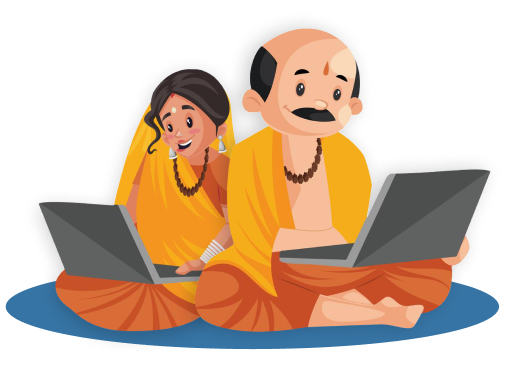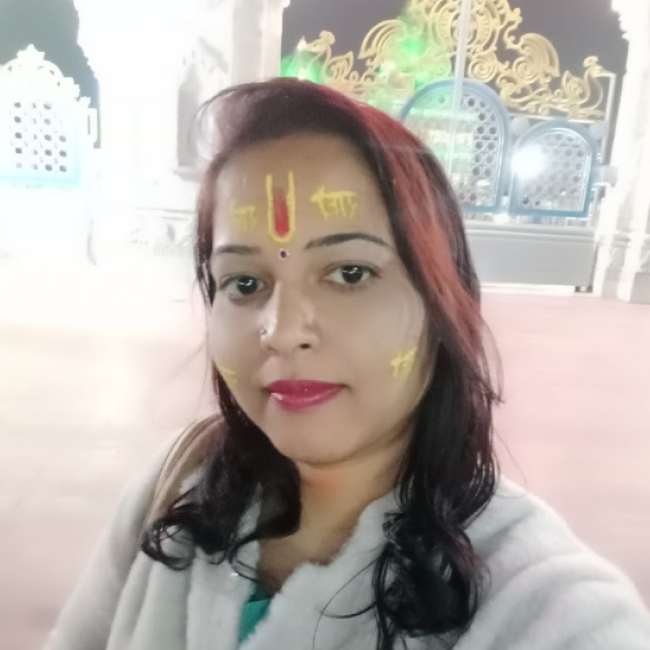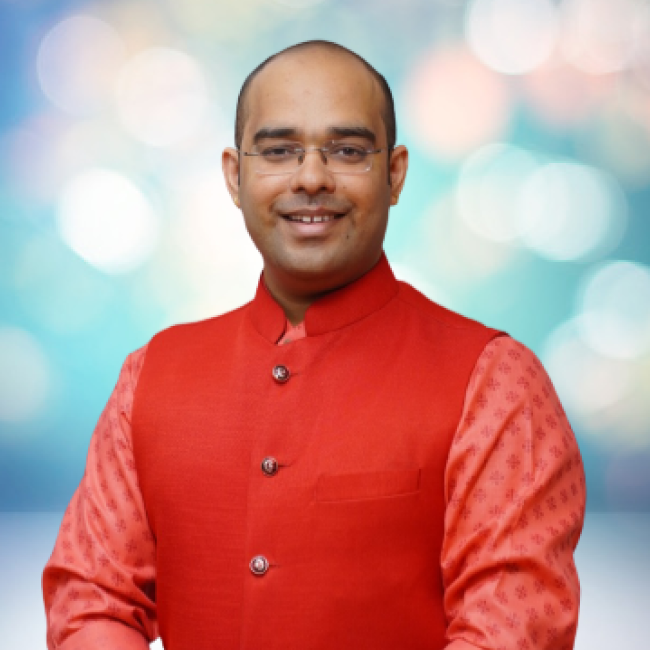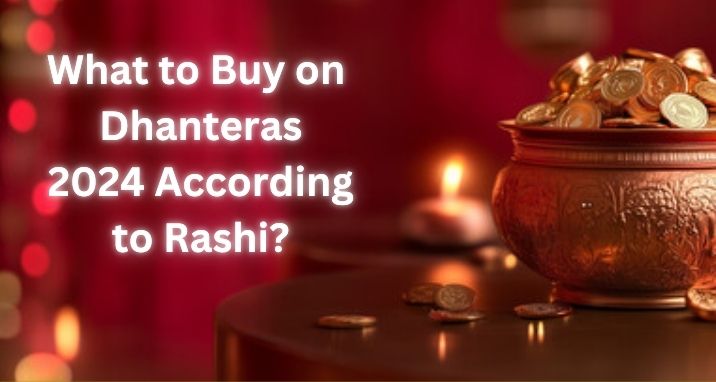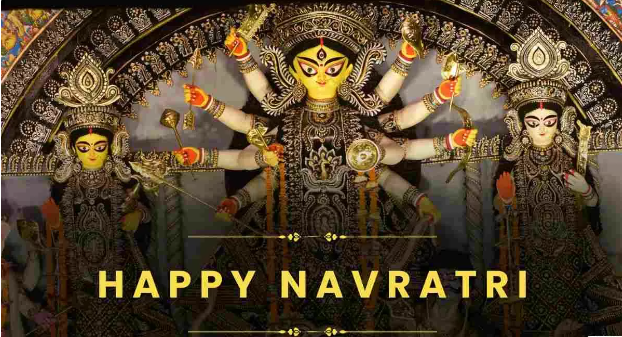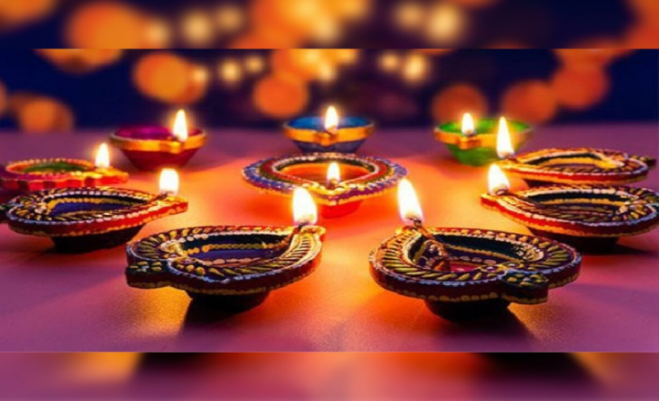Vaikom Ashtami (Vaikathashtami) 2024 Festival
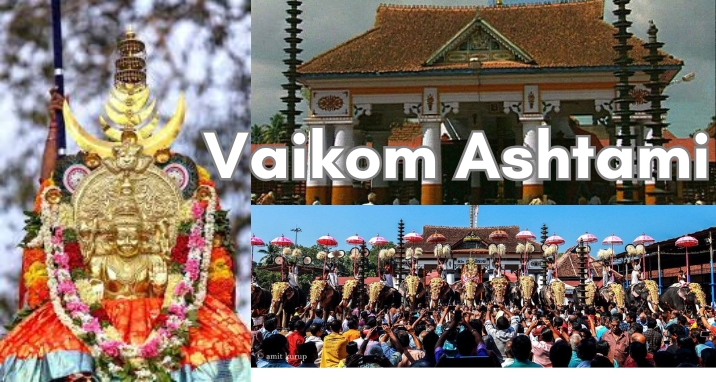
About Vaikom Ashtami
Vaikom Ashtami is one of the most famous and important temple festivals in Kerala. It is a 12-day festival. It is observed in the Malayalam month Vrishchikam (November-December, according to the English calendar) on the 8th day after the full moon day.
Vaikom Ashtami 2024
In 2024, the date for Vaikathashtami is on November 23. It began on November 12, 2024. Arattu will be performed on November 24. It takes place at the very famous Vaikom Mahadev Temple at Vaikom, near Kottayam in Kerala.
Significance of the Vaikom Ashtami
Bhagwan Shiva is lovingly known as Vaikkathappan in the region. Here, he appears in 3 forms in a day: in the morning, he appears as Dakshinamurthy; in the noon, he is known as Kiratamurti; and in the evening, he is known as Sambasivan along with Maa Parvati. A huge Shiva Linga is worshipped, that is 5 feet in height. It is believed that the Shiv Linga was formed during the Treta Yuga.
Story Of Vaikathashtami (Vaikom Ashtami)
Rishi Vyaghrapada used to meditate and perform bhajan for Bhagwan Vaikathappan on a regular basis. Once, on Ashtami, after Velutha Vayu in Vrishchikam month, Vaikathappan came in the dreams of the rishi and told him that he would appear before people on that day. From that day onwards, the Ashtami day after the full moon in Vrischikam month is celebrated as Vaikathashtami.
Activities Performed on the Vaikathashtami Festival
This festival attracts thousands of devotees. One of the major highlights of the event is Ashtami Vilakku. On this day, Bhagwan Shiva appears in his complete form and performs Leelas.
The main festivities include Shiva Darshanam, Sadya, or lunch and the visit of the Udayanapurathappan. From 3 in the morning, devotees start the Shiva Darshan.
Annadanam is the food offered in the temple on this day by Vaikathappan for the win of his son Subrahmanya, who has gone to fight Soorapadman. Vaikathappan does not himself eat the food as he is observing a fast for his son’s victory.
On Vaikathashtami, no puja is offered to the deity. In the Anna Panthal, that is, the elephant side of the temple, Shiva waits for the arrival of his son.
After defeating Soorapadman, Subrahmanya comes from a nearby Udayanapuram Subramanya temple. He arrives to fanfare with traditional music and is accompanied by the people. Around 1:00, Subrahmanya reaches the temple, where he is welcomed by Vaikathappan.
Koodipuja
Udayanapurathappan and Kuttumal Bhagavathy enter the premises on the day through the north gopuram. Moothiledathu Kavilamma and Cherukkumel Bhagavathy enter the temple through the south gopuram. All of the deities assemble in the elephant shed on the east side of the temple. All the deities appear atop caparisoned elephants to the accompaniment of traditional temple music. This annual meeting of the six deities of the nearby temple is known as Koodipuja.
Valiyakanikka
After the Koodipuja, Valiyakanikka is performed. The first donation (kanikka) is made by Karukayil Valiya Kaimal. When Kaimal returns, the people gathered make a sound (kooval) to avoid Kanneru Dosham. After this, the others present also gave their donations (kanikka).
Following the Valiyakanikka, fireworks are held, and the elephants perform pradakshina around the temple.
Koodipiriyal
Then, the father (Vaikathappan) and son (Muruga – Udayanapurathappan) bid farewell to each other. This ritual is known as Koodipiriyal.
After the ritual, Vaikathappan returns to the Sreekovil (sanctum).
Arattu (ritual bathing) is performed the next day, and the annual Vaikathashtami festival ends.
Frequently Asked Questions
Q: Which is Kerala’s largest festival?
A: Onam is Kerala’s largest and one of the biggest festivals.
Q: What is the history of Vaikom Temple?
A: Vaikom is an ancient temple dedicated to Bhagwan Shiva in Kerala
Q: What is the history of Vaikathashtami?
A: Vaikathappan came in the dreams of the rishi and told him that he would appear before people on that day. From that day onwards, the Ashtami day after the full moon in the Vrischikam month is celebrated as Vaikathashtami.


